A Lost Year as Masked Ambassadors Face Up to Viral Challenge
By Roland Flamini
The ambassadors to Washington who presented their credentials this year and are profiled below, walked into a world turned upside down. Consider: The global coronavirus pandemic is more virulent in the United States than in any other country; daily civil unrest in many U.S. cities reflects massive public discontent over racial inequality and police brutality; a hemorrhaging economy, hit hard by the pandemic, shows no signs of recovery, at least in the short term; a Congress paralyzed by deep political divisions; a chaotic Trump administration that treats friends and foes alike; and an upcoming election unlike any other in recent American history.
For newly arrived envoys, becoming familiar with the antics of Trump and his administration was a bit like speed-reading “Alice in Wonderland.” In foreign ministries around the world, embassy dispatches from Washington are frequently read with disbelief and bewilderment.
Any diplomat will tell you that personal contact is essential to conducting business. Not in the pandemic. Embassies have been in lockdown since March. Personal meetings are few, and they are conducted in an atmosphere of apprehension, not to say fear, with faces masked and hands gloved. The handshake is taboo. Diplomatic social life has either gone underground, limited to surreptitious gatherings of a handful of guests, or disappeared altogether, including the cancellation between May and September of more than 50 national day celebrations.
Almost the first challenge the new ambassadors faced on taking office was the repatriation of hundreds of thousands of their citizens, stranded in foreign countries by closed borders and the suspension of commercial flights.
European Union embassies, for example, coordinated in organizing hundreds of chartered flights from countless countries either as part of the E.U. Civil Protection Mechanism, or as a national effort. At the same time, the E.U. airlifted medical equipment and masks to dozens of countries in Africa and elsewhere.
But diplomats are known for their resilience. Despite total lockdown, they have made wide use of the latest technology to maintain visibility. Washington’s diplomatic community has been living in a virtual world since March, with panel discussions, interviews, digital programs and an abundant use of social media. Key negotiations, such as the proposed U.S.-U.K. trade deal and post-Brexit negotiations have edged forward (with varied success) despite the constraints, leading some experts to wonder whether some of the enforced protocols may not be here to stay.

Argentina
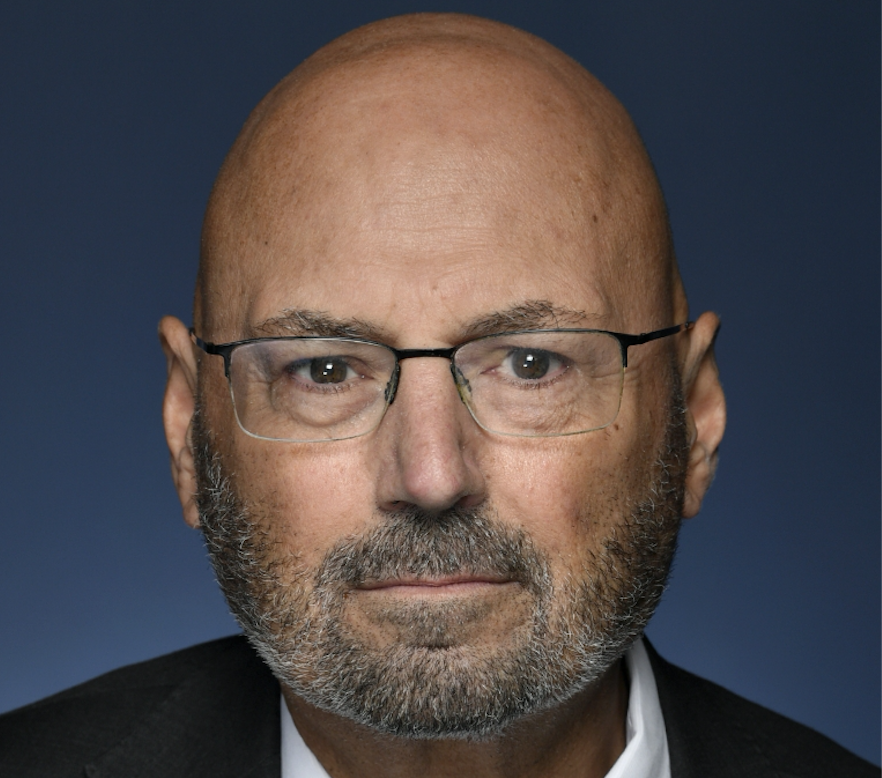
Australia
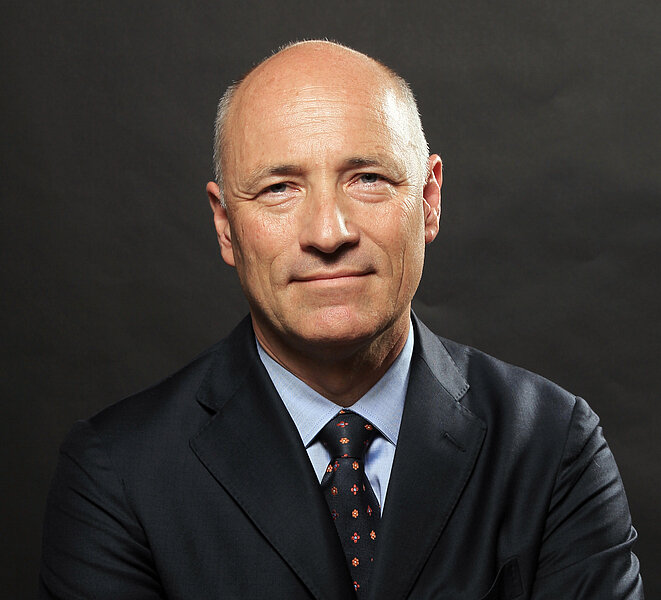
Austria

Belgium

Benin
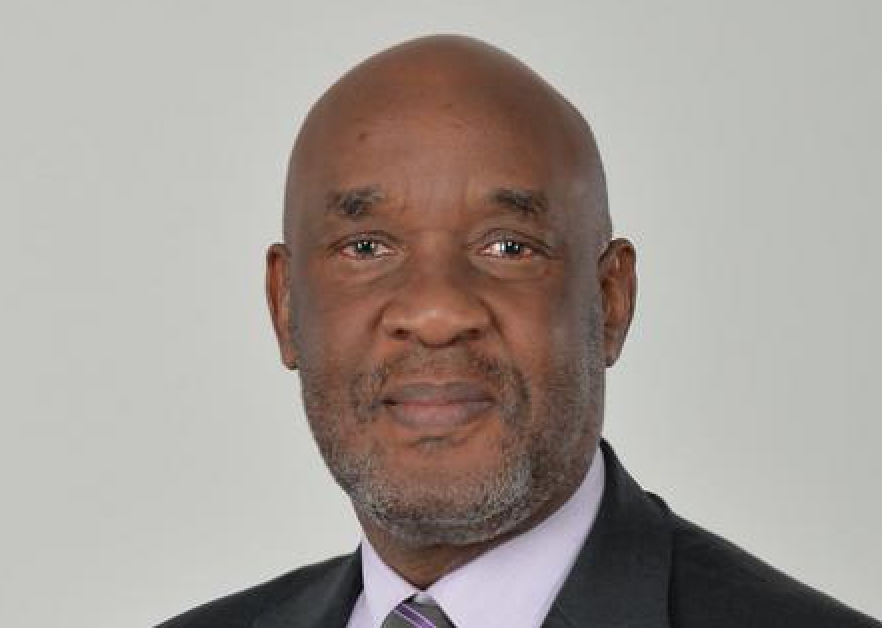
Botswana
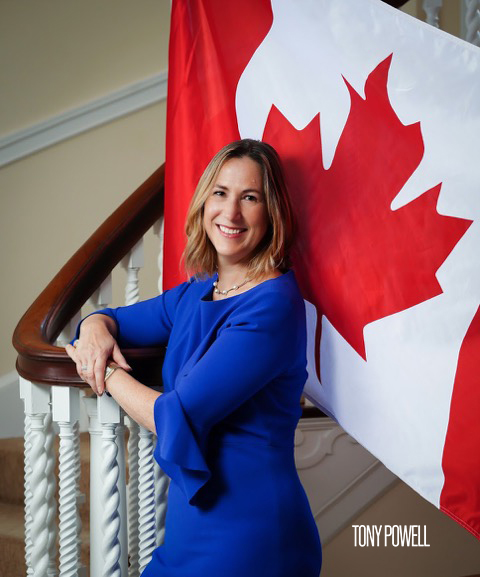
Canada
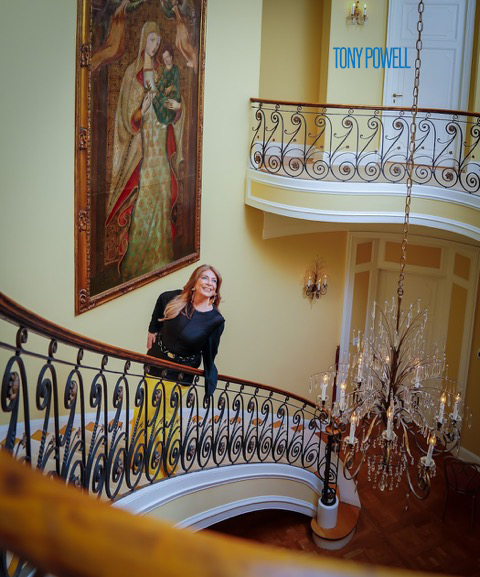
Ecuador
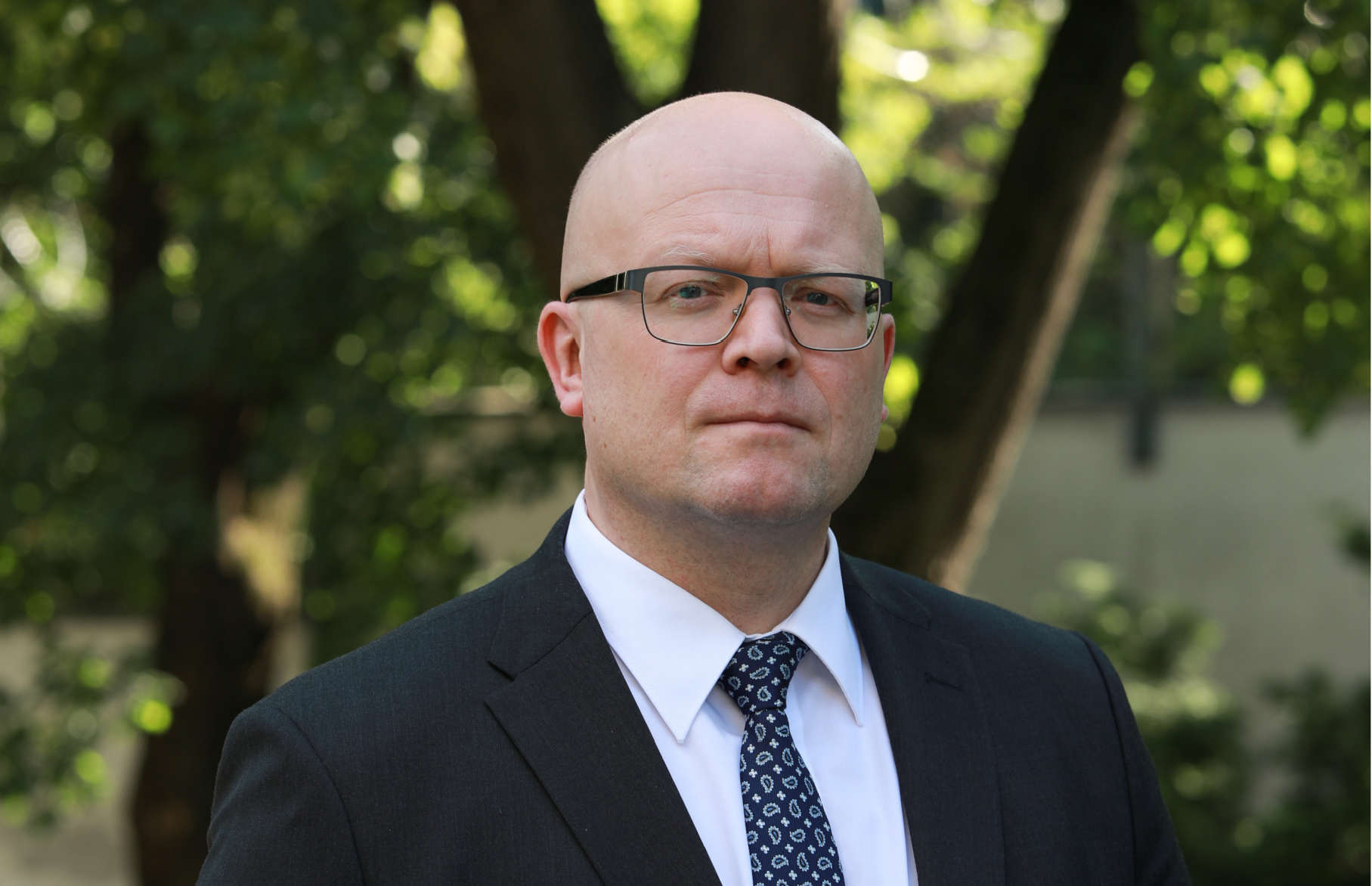
Finland
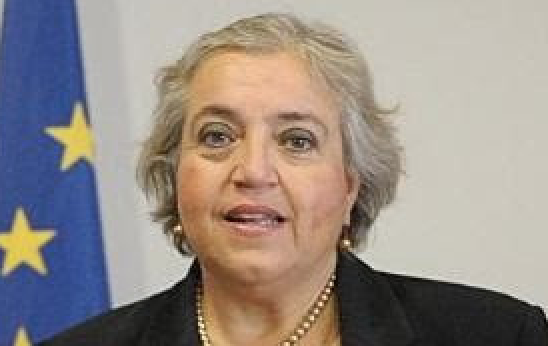
Greece
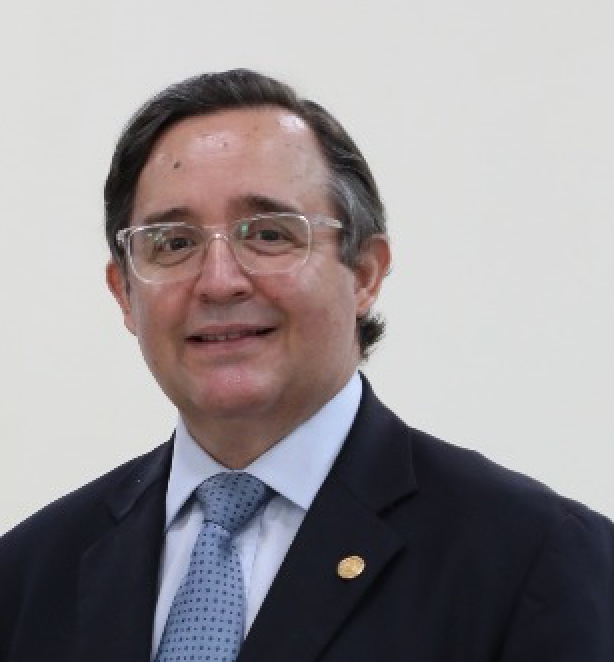
Guatemala
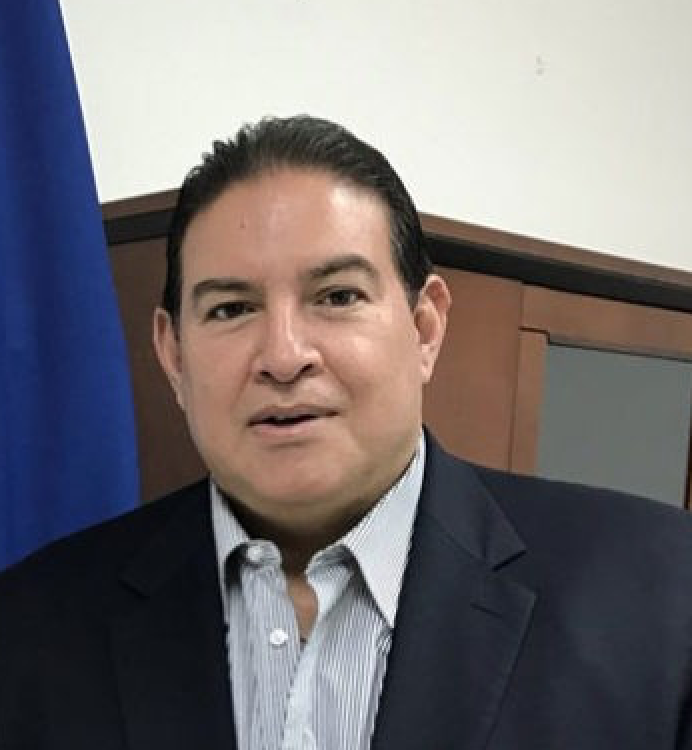
Honduras

India

Indonesia
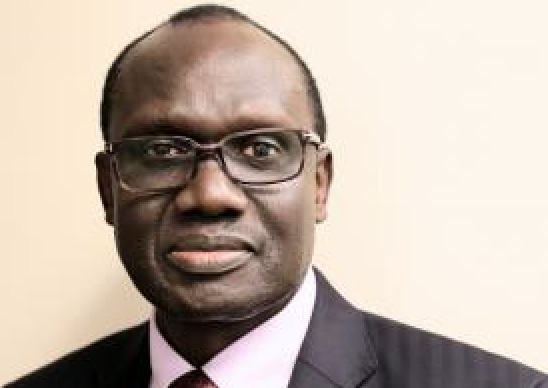
Kenya
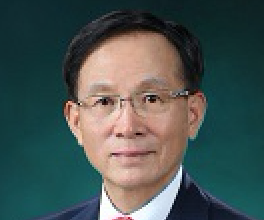
Korea, Republic of
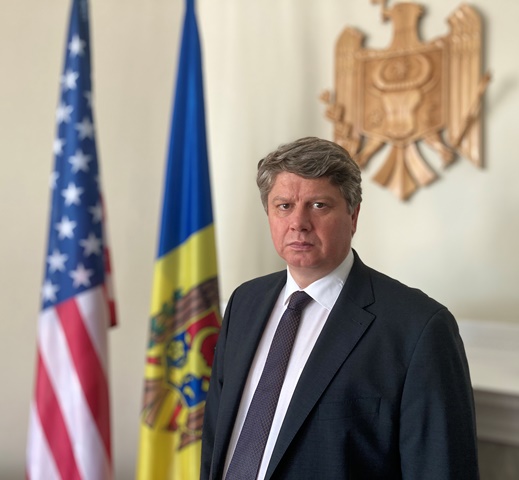
Moldova
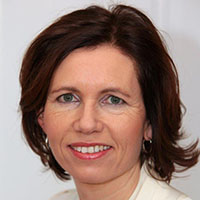
Norway
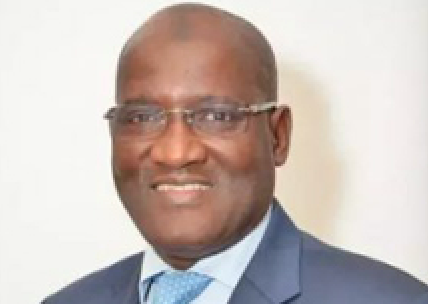
Senegal
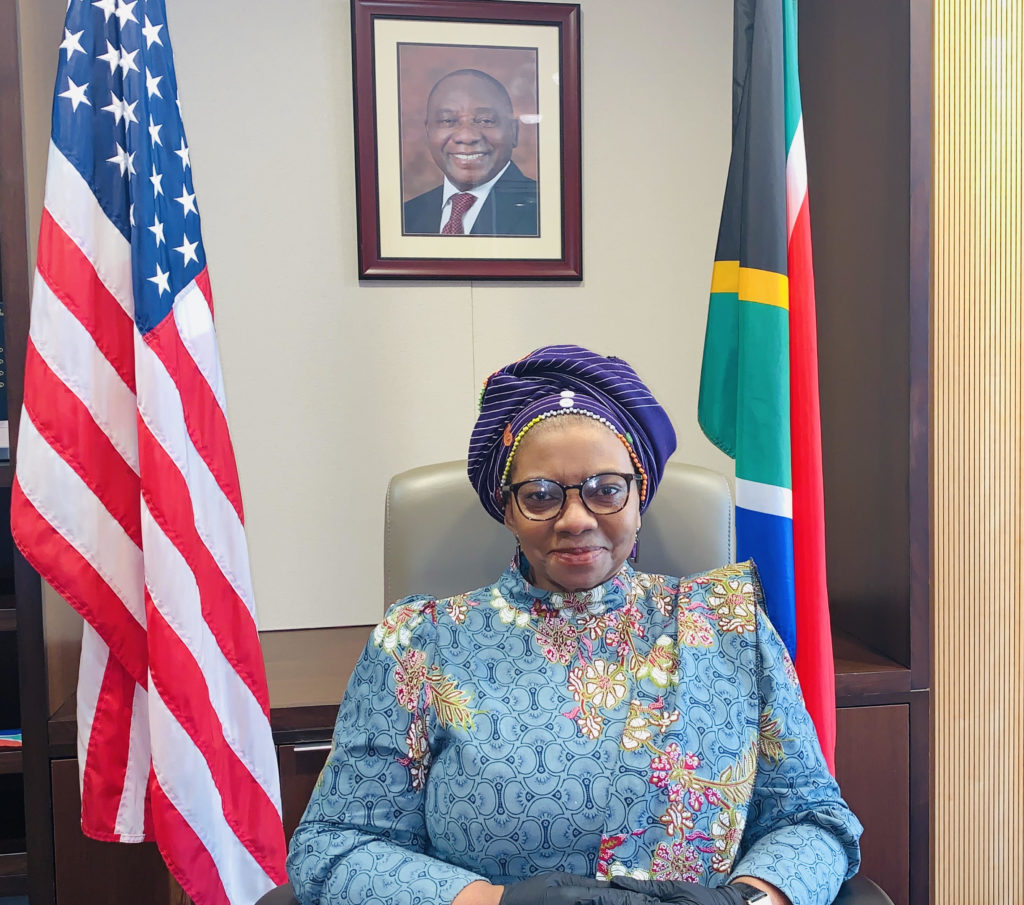
South Africa
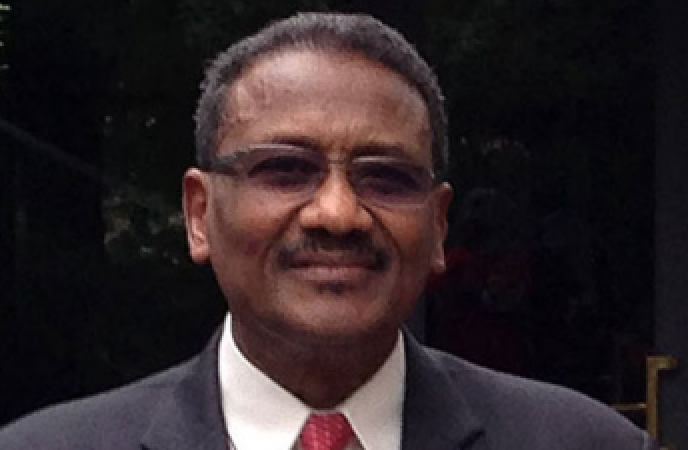
Sudan
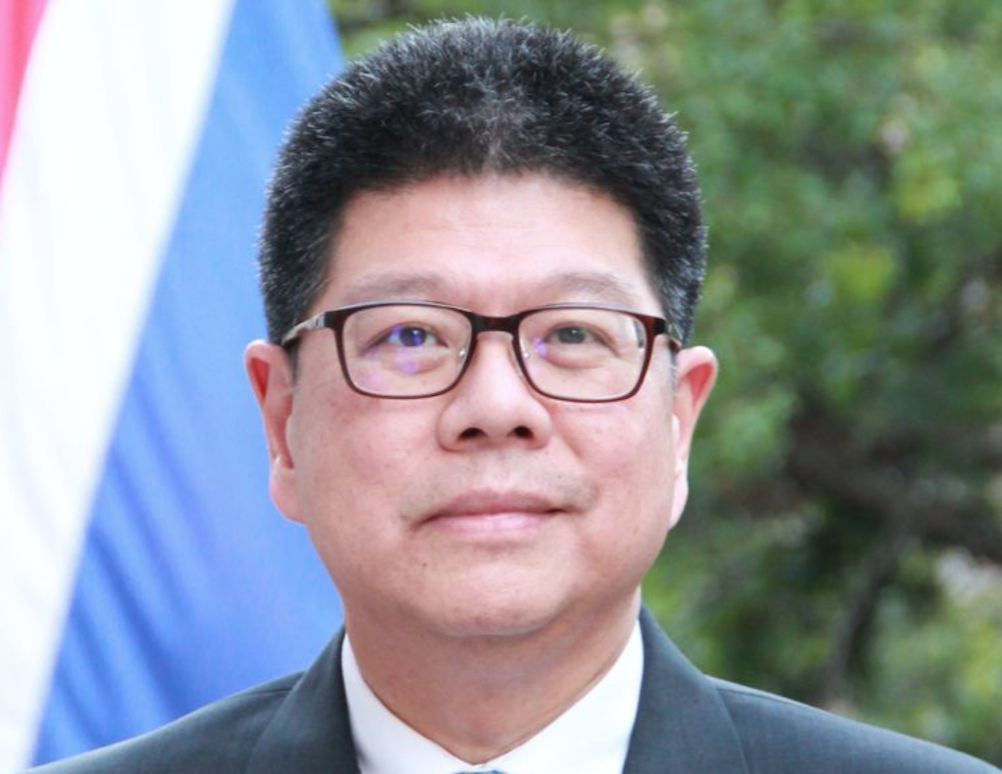
Thailand
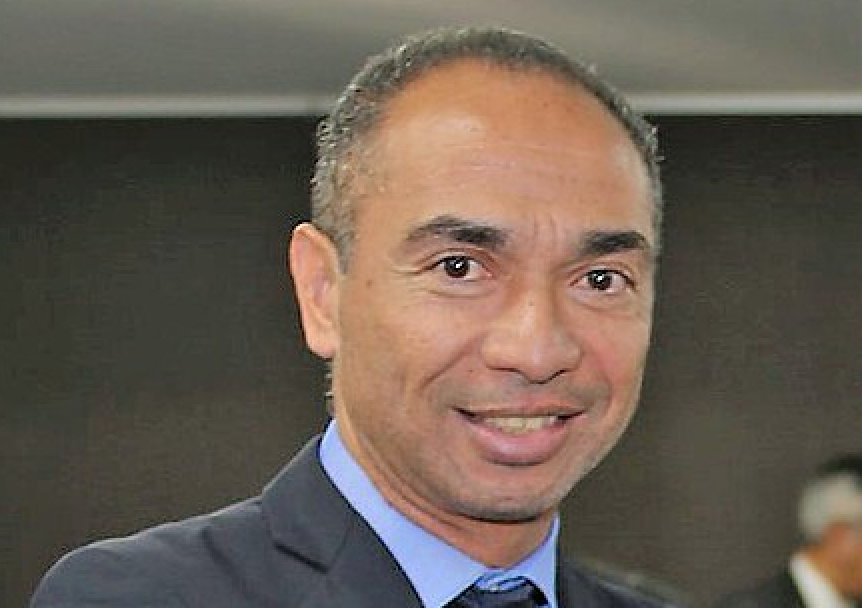
Timor-Leste
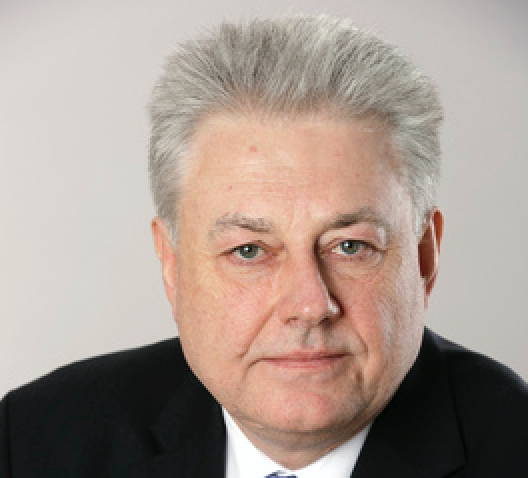
Ukraine
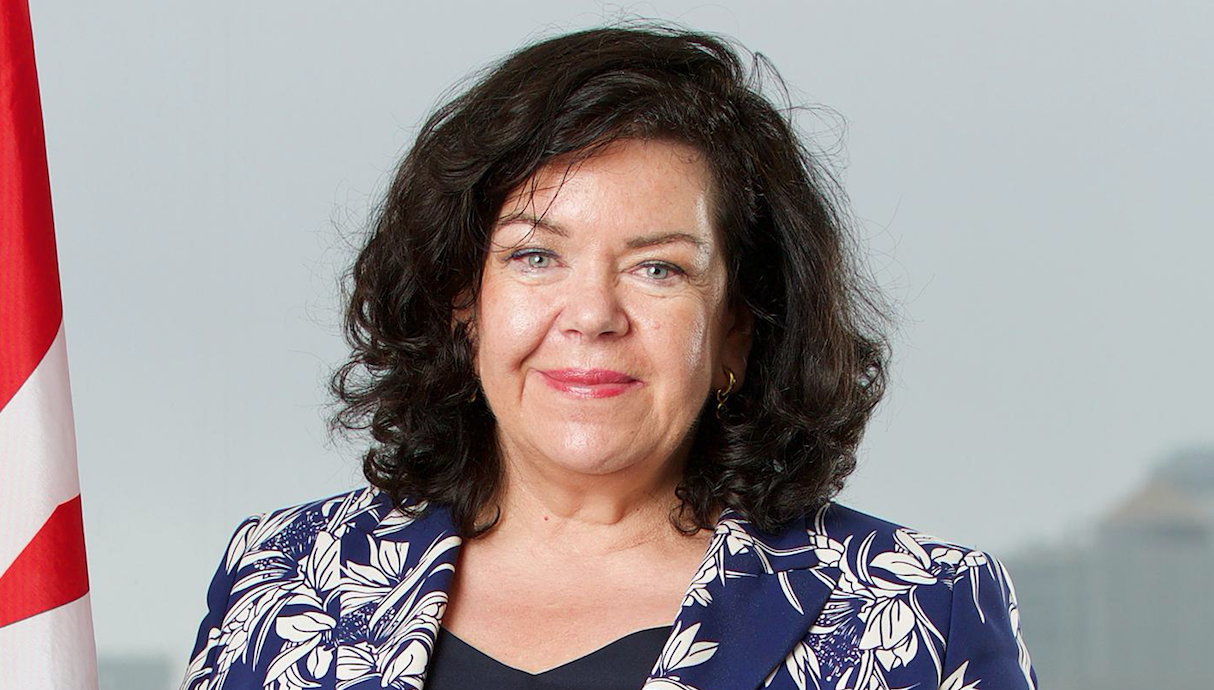
United Kingdom
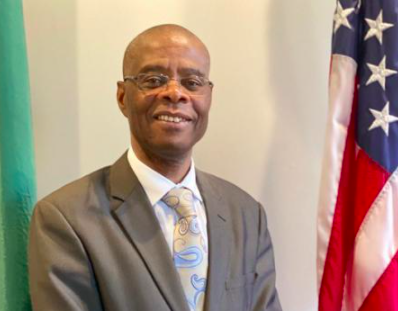
Zambia
-

Argentina
This is JORGE MARTÍN ARTURO ARGÜELLO’s second time around as Argentina’s ambassador to Washington, but the problems have a familiar ring. Today, as during his earlier posting (2011-2012), Argentina, a chronic economic basket case, is facing one of its periodic financial crises as it defaults on a $66 billion debt. As a member of parliament from 1991 to 2007, he headed a committee dealing with Argentine sovereignty claims over what Buenos Aires refers to as Las Malvinas, in other words, the British-owned Falkland Islands. This was after the British decisively defeated a 1982 Argentine attempt to take the islands by force, which was followed by the collapse of the country’s ruling military junta, notorious for throwing political prisoners out of planes to their death in large numbers. From 2007-2011, Argüello served as his country’s ambassador to the United Nations. -

Australia
A former Australian senator, ARTHUR SINODINOS is another ex-cabinet minister to be appointed ambassador to Washington. The cerebral Sinodinos, who was minister for industry, innovation and science, follows the ebullient Joe Hockey, who made headlines as Trump’s occasional back-thumping golfing partner. A one-time treasury (finance) minister in Australia, Hockey often praised what he called U.S.- Australian “mateship.” (“Mate” is a widely used friendly form of address in Australia, where the vernacular pronunciation is closer to “mite.”) Sinodinos is a recovered non-Hodgkin lymphoma patient thanks to a bone marrow transplant. In Washington, he now presides over a temporary embassy while a new glass and steel landmark chancery is being built on the site of the old one. The new structure reflects efforts by Canberra to be a key player in U.S. policy in Asia.Australia, Sinodinos said in a recent interview,“is a rising middle power, and I want to ensure our voice is heard.” -

Austria
This is Ambassador MARTIN WEISS’ sixth U.S. assignment. The first was in 1991 in New York at the Austrian Mission to the United Nations; three were at the embassy in Washington, the fifth was the post of consul general in Los Angeles. He is also a graduate of the University ofVirginia School of Law. Most recently, he served as Austria’s ambassador to Israel. Weiss comes from one of the more successful countries at dealing with the coronavirus epidemic (six deaths between Aug. 1-12). Explaining this enviable situation in a recent interview, he said, “It helps if you have a clear message from the top ... in Austria you had everybody (the Chancellor, the President, the opposition, the unions) pulling in the same direction, which kind of helps everyone to understand that this is serious." What was also important, he added, was that the population “really took [the situation] seriously.” The ambassador is distancing himself in the embassy residence. -

Belgium
In the Early 1990s, a young Belgian law graduate paid for his stay in NewYork by working for a tour operator and escorting groups of Belgian visitors to the U.S. Now a senior member of the Belgian foreign service, JEAN-ARTHUR RÉGIBEAU comes to Washington directly from Moscow where he has been ambassador since 2016. From 2012 to 2016, he was deputy commissioner for the commemoration of World War I, in which Belgium was a major killing field. He has also been Belgium’s ambassador concurrently to Pakistan and Afghanistan. -

Benin
Prior to Washington, JEAN-CLAUDE DO REGO was Benin’s permanent representative to the United Nations, where he chaired the African Group of Ambassadors. But his earlier ties with the world organization include years with the U.N. Development program in Africa (2002-2005) and later as regional representative of the United Nations High Commission for Refugees in the same area (2012-2015). This is his first Washington posting. -

Botswana
This is Ambassador ONKOKAME KITSO MOKAILA's first diplomatic assignment after a long career in Botswanan politics. A member of parliament in this South African neighbor from 2004 to 2019, he has held several ministerial posts, including Minister of Minerals, Energy and Water Resources, and Minister of Transport and Communications. Kitso Mokaila also served in the Botswana Defense Force, having trained as a military engineer in India. -

Canada
One Canadian report described KIRSTEN HILLMAN as “a veteran of the international trade trenches.” That’s because, before her appointment as deputy chief of mission (DCM) at the Canadian embassy in 2017, she was the assistant deputy minister of trade agreements in charge of Canada’s trade policy and trade negotiations. She was Canada’s chief negotiator in the talks to rescue the Trans-Pacific Partnership after President Trump pulled out of it. In Washington, she was designated acting ambassador in August 2019, and was appointed ambassador earlier this year. In a brief interview she agreed that the move from trade negotiator to resident ambassador was quite a jump, but said Washington was a special case. “The trade relationship with this country covers virtually all aspects of the bilateral relationship – energy, health, innovation, transportation, defense production; it covers environmental matters, labor matters. So there was hardly an area of the bilateral relationship that I hadn’t already been exposed to. I’ve spent my career sitting across from Americans (in trade negotiations). There isn’t much that I’ve come across since I’ve been ambassador that I haven’t been exposed to before.” Along with other embassies, the modern, angular structure on Pennsylvania Avenue went into lockdown in early March. At most, the ambassador said, 20 percent of the staff report to work in the embassy: the remainder work from home. But the pandemic “has done nothing but reinforce the mutual sense in the U.S. and Canada about how integrated we are, and how mutually supportive in many ways, from medical and food supply chains to essential personnel who cross regularly back and forth every single day between our two countries—health workers, fire fighters, all sorts of technicians and scientists.” When it was pointed out that despite the closeness, Canada has done better at controlling the pandemic than its neighbor, the ambassador says, “I’m not an expert in this field, but in our country there has been a strong commitment at the federal level to science and listening to our experts in trying to give clear information to the citizens and that has been successful, but we too have had an ebb and a flow.” Reflecting on working in the country next door, Kirsten Hillman observed, “The degree of commonality, shared culture, history, all these features allow me to have a starting point that may be farther along the road to understanding than a colleague from another country. There are certain aspects of America that we, as neighbors, understand intuitively. But that doesn’t mean that there aren’t differences.” As for the similarities: the evening prior to this conversation the Canadian show “Schitt’s Creek” had a big night at the Emmys. -

Ecuador
Like her Argentinian colleague, this is Ambassador IVONNE A-BAKI's second ambassadorial posting in Washington. The first time was from 1998-2002. Coming back now, she said in an interview, “is like a continuation. It feels as if I have never been away, but it’s where I started my political career.” On the strength of four successful years in Washington, she ran—unsuccessfully—for president of Ecuador, and then filled a number of ministerial posts. She was also elected speaker of the Andean Parliament, an elected forum representing the Andean nations. Most recently, she was Ecuadorian ambassador to Qatar, covering most of the Arab world. Her arrival in the nation’s capital coincided with the outbreak of the coronavirus pandemic, but she says that, unlike many embassies,“We never closed. Some staff members work from home, but I come to the office, we have meetings. And I’ve never stopped having people at the residence; we have dinners every Friday, not more than eight people.” Ivonne A-Baki was a noted hostess in her first Washington incarnation. “Diplomacy is about people,” she argues. “Its about sitting next to each other, eating together, creating the mutual trust that’s needed. And that part will come back; but communicating virtually will stay. In the beginning I didn’t want to accept that I could not do things personally, but I’m realizing that you can get things done. It reduces cost; it helps the environment. Instead of sending everybody to meetings everywhere, you can do it through Zoom, and it’s like being there. So you send the quality person, to make the physical contact, but you don’t have to send forty or fifty other people.” She’s back in the U.S. at a time of increased U.S. involvement in Latin America, in large part to counter China’s growing reach in the Hemisphere.“ The Americans are looking at Latin America more than before, and—with some exceptions—Latin American governments feel that they are more listened to,” she says. This is reflected in the new U.S. development aid program for Central and South America known as America Crece (the Spanish word for “grows”). “Now the U.S. realizes that it can benefit from sharing Latin America’s wealth.T hey didn’t see it before; it took the Chinese to point it out.” Bilateral relations are also in good shape, according to Ambassador A-Baki. Intelligence cooperation on narco-trafficking and money laundering was recently improved (“we needed a lot of support for that”), and Ecuador is pushing for a bilateral trade agreement. As for that failed presidential bid: “I don’t think of it as a loss,” A-Baki states. "It was a win, by opening doors for other women to run, and to get into positions where they can make a difference. Winning is not always just getting the office you want, it’s a process." -

Finland
Ambassador MIKKO HAUTALA comes from what the United Nations World Happiness Report calls the happiest country in the world, and the safest. This cheerful circumstance is based on a number of criteria, including life expectancy, social welfare, literacy levels, stability and personal freedom. His transfer to the Finland embassy in hostile, anxiety-ridden Washington must require quite a transition. Except that Hautala is coming directly from Russia, which is hardly paradise on earth either. Hautala was Finland’s ambassador to Moscow from 2016 to the present, having also been DCM from 2011- 2012. He has also been diplomatic adviser to his country’s Finnish minister of foreign affairs, and more recently foreign policy adviser to Finland’s president. -

Greece
If Ambassador ALEXANDRA PAPADOPOULOU were still in Athens she would not have had to shut herself indoors and live a virtual life, as she has done in Washington. That’s because Greece sprung into action very early against the coronavirus, and the country has the pandemic under control (an overall total of more than 300 deaths, and 14,000 Covid-19 cases; but Greece has registered a recent surge following its opening to foreign tourists).The ambassador told an interviewer recently that the Greek government took the right measures and communicated the message to the population in such a way that the people listened to them. Papadopoulou’s previous post was chief diplomatic adviser to Prime Minister Kyriakos Mitsotakis. She has been Greek consul in Louisiana, ambassador to Uruguay and Paraguay, and permanent representative to the European Union in Brussels. She is a graduate of the University of Pennsylvania on a Fulbright Scholarship. High on her list of priorities here is maintaining a close relationship with the country’s 1.4 million Greek-American community. In strategic terms, her main challenge is to compete with Greece’s regional rival Turkey for U.S. attention and support. -

Guatemala
Ambassador ALFONSO QUIÑÓNEZ LEMUS presented his credentials at the White House this summer but is no stranger to the nation’s capital. For 14 years, starting in 2001, he held senior posts at the Washington headquarters of the Organization of American States. He has also been deputy chief of mission at Guatemala’s embassy. Furthermore, he is an alumnus of Georgetown University’s School of Law, the University of Maryland and the Inter-American Defense College. -

Honduras
This is the second time around in Washington for LUIS FERNANDO SUAZO BARAHONA. He was DCM at the embassy of Honduras from 2010-2013. Since then he has held various government posts in Tegucigalpa, the capital, most recently vice-minister for national security. -

India
TARANJIT SINGH SANDHU and his wife, Reenat, are the quintessential diplomatic couple. Between 2014 and 2017, they were both assigned to the Indian embassy in Washington, even succeeding each other as deputy chief of mission. Since February 2020, Taranjit is back as his country’s ambassador; his wife, meanwhile, is the Indian ambassador to Italy. Relations between the U.S. and India, the new economic giant in Asia, remain warm and could become warmer as tensions grow between the U.S. and China and Washington looks for Asian allies. But there are bilateral sore points, such as Trump’s decision to suspend the H-1B visa, which opens the door for Indians seeking hi-tech jobs in the U.S., adding to the four million citizens of the sub-continent already here. -

Indonesia
Jakarta’s new man in Washington is no stranger to the United States. He earned his economics degree from Purdue University. In a career divided between politics, business, and diplomacy, MUHAMMAD LUFTI has been minister of trade (2014), Indonesia’s ambassador to Japan (2010-2013), and has headed business organizations. In interviews, he says one of his bilateral priorities is to push for a trade agreement. -

Kenya
Kenya’s government named LAZARUS OMBAI AMAYO ambassador to Washington in May 2019, but his arrival to take up his post was delayed until July 2020. "Procedural matters,” the Kenyan foreign ministry explained. Meaning what, exactly? Washington refused to allow Amayo, who was already Kenya’s permanent representative to the United Nations, to serve simultaneously as ambassador to the U.S. "Smaller countries can have one envoy for both the United Nations and the United States but we, in a manner of speaking, do not consider Kenya a small nation,” a State Department official explained. Amayo, a former member of the Kenya parliament and one-time cabinet member, is now exclusively on lockdown in Washington. Besides his U.N. appointment, he has been Kenya’s high commissioner in London, Zambia and Malawi (diplomatic representatives between British Commonwealth countries are called high commissioners). When he presented his letters of credence at the White House, Amayo thanked President Trump for the U.S. contribution of $6.6 million to help Kenya’s response to the Covid-19 pandemic. -

Korea, Republic of
The former senior diplomat, and more recently parliamentarian, was Korea’s pick to connect with the Trump administration on such differences as the U.S. relationship with Hanoi, the president’s insistence on Seoul paying more for the American military presence and some Washington input in Korea’s trade dispute with Japan. LEE SOO-HYUCK has been deputy foreign minister, deputy director of the Korean intelligence service and ambassador to Berlin and Belgrade. He has been member of his country’s parliament for the ruling Democratic Party since 2016. -

Moldova
After eight years as Moldova’s ambassador to the European Union, EUGEN CARAS, a career diplomat, was appointed foreign policy adviser to Moldovan President Igor Dodon in late 2019, but in July of this year was moved to Washington as his country’s ambassador. His first task is to reassure Washington of a recent major shift in his country’s foreign policy from strongly pro-Russia to more balanced relations between the U.S., the European Union and its large and domineering eastern neighbor. -

Norway
In taking over in Washington, ANNIKEN RAMBERG KRUTNES has literally come in from the cold. She was most recently Norway’s Polar Ambassador—in other words, ambassador for Arctic and Antarctic Affairs—and her country’s representative to the Arctic Council, a regional organization dealing with issues of sustainable development and environmental protection in the Arctic. When she was Norway’s ambassador to the Netherlands, she was a member of The Hague Working Group, a team of senior diplomats that oversees the workings of the International Criminal Court (ICC). According to the Norwegian Embassy, she recently was appointed “a member of the U.N. Group of Governmental Experts on Advancing Responsible State Behavior in Cyberspace in the context of international security.” -

Senegal
His tenure as Dakar’s ambassador in Washington began with something of a diplomatic mystery. African media made a great deal of the fact that it took the Trump administration six months to accept Senegal’s nomination of MANSOUR KANE as its new envoy. No public reason ever emerged for this highly unusual stall, and Kane eventually presented his credentials in January 2020. This was his second Washington assignment. Earlier he had been head of African investment at the World Bank here. But immediately prior to his appointment as ambassador, Kane was Senegal’s minister of oil and gas, following the West African country’s discovery of enormous natural gas fields. -

South Africa
Ambassador NOMAINDIYA MFEKETO is a long time politician who has been mayor of Cape Town on two occasions, deputy speaker of the South African National Assembly and most recently, in succession, deputy minister of international relations and—until 2019—minister of human settlements in the governing African National Congress (Nelson Mandela’s party). Her recent ambassadorial appointment, among others, came under criticism from the opposition, which urged the government to appoint more career diplomats to top posts. Political appointees currently make up around 70 percent of all serving South African ambassadors. For years, U.S. administrations have drawn similar criticism for favoring major campaign donors and presidential cronies in top embassies, but the proportion of non-career foreign service appointees hovers around 30 percent. -

Sudan
NURELDIN MOHAMMED HAMED SATTI is Sudan’s first ambassador to the United States in 23 years. Washington and Sudan’s President Omar al-Bashir had been at odds for decades, maintaining diplomatic contact at a lower level, without ambassadors. The U.S. had added Sudan to its list of state sponsors of terrorism. But since Bashar’s ouster in 2019, U.S.-Sudanese relations have taken a turn for the better, including an exchange of ambassadors. Satti is one of Sudan’s senior diplomats, and the holder of a long succession of ambassadorial posts. From 2008-2009 he was an African scholar and thinker at the Woodrow Wilson Center in Washington. -

Thailand
Ambassador THANI THONGPHAKDI's earlier posting to the Thai Embassy in Washington was from 2001-2004. He returned to the U.S. earlier this year at the end of a two-year tenure as deputy permanent secretary at the Thai foreign ministry. Previous posts include heading Thailand’s mission to the U.N. organizations in Geneva. Thongphakdi has a Master’s Degree from Georgetown University. -

Timor-Leste
Ambassador ISILIO COELHO DA SILVA was temporary head of his country’s ministry of foreign affairs before coming to Washington. He has also at various times been Timor Leste’s ambassador to Japan, DCM in Lisbon, and his country’s envoy to the Holy See. -

Ukraine
VOLODYMYR YELCHENKO took over in the nation’s capital in December, when Ukraine was at the center of Trump’s impeachment trial. One of the main charges was that President Trump had pressured the Ukrainian government to get damaging information about Hunter Biden, the son of his Democratic opponent, Joe Biden. The Ukrainians refused;Trump was acquitted. Yelchenko came to Washington from the United Nations, where had served for four years as Ukraine’s chief of mission for the second time in his diplomatic career. He had been ambassador to Russia from 2010 to 2014 and has held various senior posts in the Ukrainian ministry of foreign affairs. -

United Kingdom
The London Daily Telegraph called DAME KAREN PIERCE a “champagne-swigging, high-heel-wearing, feather boa-swathed diplomat,” but that’s a caricature of the U.K.’s first female ambassador to Washington, who is considered one of the country’s most able envoys and who, before moving to the nation’s capital, was an assertive voice for British interests at the United Nations. A colorful dresser (the feather boa was faux fur), she presented her credentials to Donald Trump wearing an oversized cartwheel straw hat that would have passed muster at the Ascot races. She has previously been political director and chief operating officer at the British Foreign Office and British representative in Afghanistan. Between 1992- 1995 she was secretary to British Ambassador Sir Robin Renwick in Washington. Her main challenge so far in Washington has been to guide the so-called U.S.-U.K. special relationship safely through the unpredictable contortions of Trump’s foreign policy. -

Zambia
In late December 2019, the U.S. ambassador to Zambia, Daniel Foote, was expelled after he enraged the Zambian president by publicly condemning the sentencing of a gay couple to 15 years hard labor. (Homosexuality is a crime in Zambia.) This triggered reports that Washington had done the same to the Zambian ambassador in retaliation—a move denied by the Zambian government. But in January 2020, Zambia’s ambassador in Washington, Ngosa Simbyakula, was appointed permanent representative to the United Nations, in a switch with the incumbent, LAZAROUS KAPAMBWE, who was named to the Washington post in February. This is Kapambwe’s second Washington assignment. He served as deputy chief of mission from 1988-1993.
READ MORE FROM THE OCTOBER ISSUE




